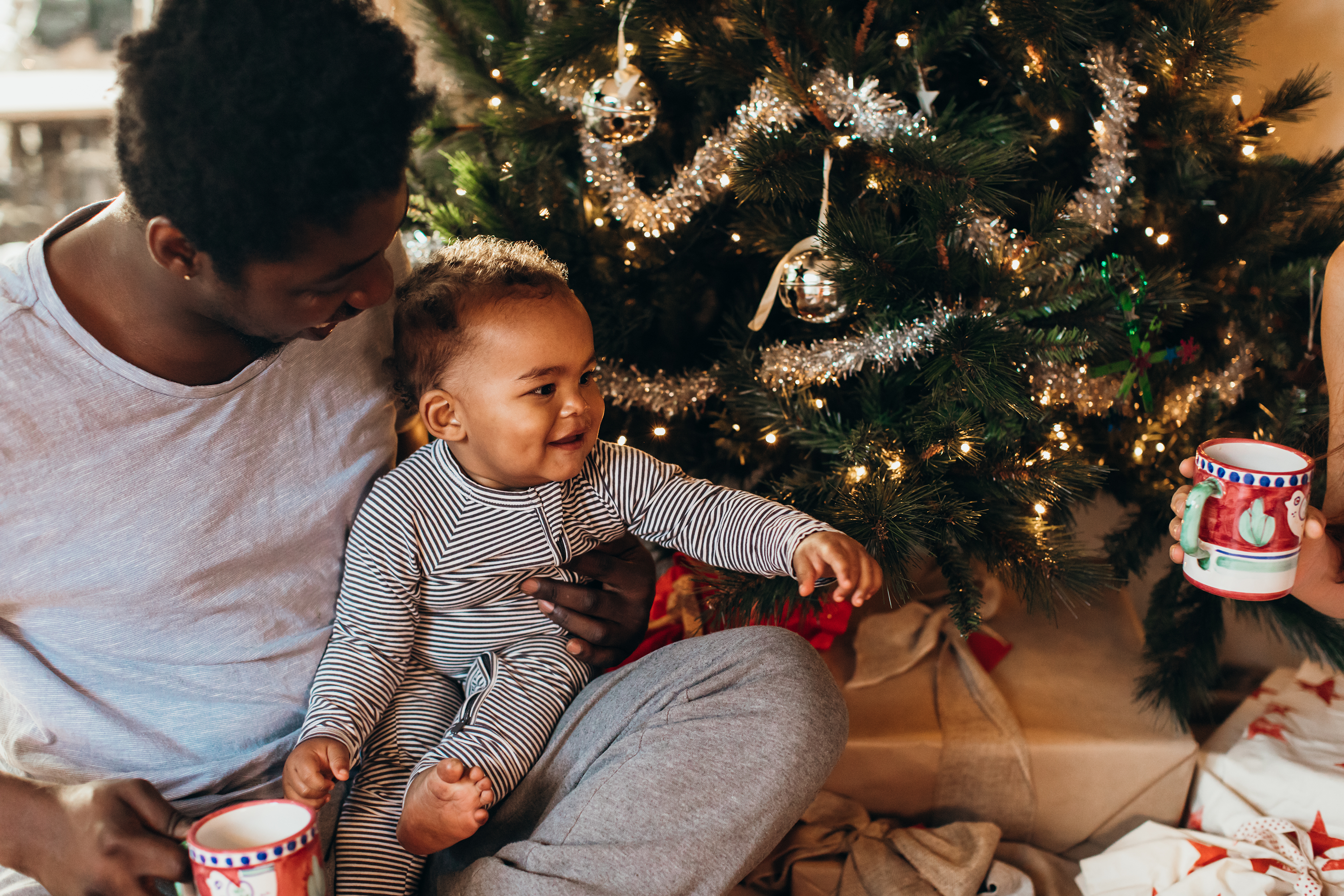Will lockdown be extended over Christmas? What the government have said so far
Will lockdown be extended over Christmas and into December? This is what many of the government officials have had to say about it so far.


The concerns that lockdown will be extended over Christmas perhaps come from the fact that the government prolonged the last lockdown, due to only last for a couple of weeks, for more than three months and we’ve had restrictions ever since.
So it's no surprise that when the government announced they were imposing another lockdown on England from November 5 and ending it in December, lots of people became immediately worried that it would be extended over Christmas.
Lockdowns have been imperative in fighting the virus with figures showing that during the first UK lockdown, the rate of infection (R-rate) went down to potentially as little as just 0.57. This means that one infected person passed the virus onto, on average, less than one other person they met. One of the reasons for the second lockdown in November was because the R-rate had grown to at least 1.1 and was set to rise by two to four per cent every day from November 6.
Since the lockdown began, the number of cases and coronavirus-related deaths has increased and so has the number of patients admitted to hospital. However, we won’t be able to tell the full impact of the second lockdown until approximately November 19 - two weeks after it began.
So will lockdown be extended over Christmas as cases continue to rise? If it is, then it’s likely there will be lockdown restrictions, including those utilised in the three tier system and local lockdowns, over the big day and potentially even into the new year.
As the furlough scheme was extended well into 2021, some believe that the lockdown could also last until March at the least.
This is what the government has to say about it so far...
Parenting advice, hot topics, best buys and family finance tips delivered straight to your inbox.
Will lockdown be extended over Christmas?

Chancellor Rishi Sunak was the first to assure MPs that he “hoped” the second lockdown would end in December and that the four week shutdown would be enough to curb the virus.
He told the BBC Radio 4 programme that the restrictions were “time limited” and said, “Our expectation and firm hope is that on the basis of everything we know today is the measures we put in place...will be sufficient to do the job we need and we will seek to exit these restrictions back into a tiered approach at the end of the four-week period.”
Prime Minister Boris Johnson shortly followed this up with an address to reporters. He told them, “The advice I've received suggests that four weeks is enough for these measures to make a real impact,"
“The UK Government and the devolved administrations are working together on a joint approach to the Christmas period, because all of us want to ensure families can come together, wherever they live,”
The prime minister also assured non-essential venues that they would be able to open again before the holiday and reap some of their lockdown losses. Even though some shops are open during the lockdown, pubs, restaurants and other hospitality venues, along with gyms and leisure facilities were forced to close from November 5.
This statement by the two ministers would suggest that there are no plans to extend the lockdown past the set end date, let alone into Christmas.
However, the chancellor did express in early November that the government would review all the evidence throughout the month and if there was cause for concern, MPs would be able to vote on another lockdown at the end. Sir Jeremy Farrar, a member of the government's SAGE group, warned that people should not be "fixed" on December 2 as it wasn't clear what the infection levels would be at the end of the month.
Unnamed cabinet ministers also told The Times that they thought the current lockdown may continue into next year. The anonymous source told the paper, "I think it will be after the new year. The rate of transmission is not going to go down enough to justify it. Just look at the graphs. It's going to be a jobs disaster."
The anonymous response comes as a group of Conservative MPs have created a group to try and prevent an extended lockdown from happening, if it's deemed to be necessary. They are just some of the 32 Conservative MPs who initially rebelled against Boris Johnson’s lockdown when they voted for it in the Commons.
So for now, it looks as though life will return to a semblance of normality - no doubt with strict self-isolation rules and some lockdown measures in place - by the beginning of December. Yet 2020 has been anything but expected and if the lockdown proves to be ineffective by December, the government have the right to petition for an extension to the current lockdown.
When does this lockdown end?

All being well, the second lockdown for England will end on December 2.
Northern Ireland, Scotland and Wales are currently under their own lockdown restrictions with social mixing severely limited and some non-essential businesses like pubs and restaurants closed. None of the other UK countries have issued a national lockdown however, unlike England, and instead have opted for more of a regional approach.
Is lockdown working in England?
Evidence from the Office of National Statistics (ONS) says that the spread of coronavirus is slowing down, as the R-rate for the UK has dropped to its lowest number in months. Currently, the rate of infection is between 1 and 1.2, the closest it's been to 1 since September.
Data released on November 6, the day after England's lockdown began, suggests that infections were falling in the north west but actually rising in the south and in the Midlands. Equally in Northern Ireland, infection levels were levelling but in Wales, the infection rate was still rising and in Scotland, it was too early at the time to predict how cases were fairing.
This undoubtedly means that in many parts of England, where the lockdown is currently in place, and other parts of the UK where strict restrictions are being enforced, the lockdown measures are working. Although, scientific advisers say that "significant levels of healthcare demand and mortality will persist until R is reduced to and remains well below 1 for an extended period of time."
What will happen if we are in lockdown at Christmas?
The government have stressed that they believe the lockdown will be over by Christmas so there's currently no official word from the government about what will happen if we are in lockdown over Christmas and importantly, what the circumstances around meeting family will be.
All the government have said so far is that the lockdown will end on December 2, non-essential businesses will re-open and England will be back into three tier restrictions, depending on the risk of coronavirus in certain regions around the country. This means that some parts of England could be in tier one, where people from different households can mix indoors, while other areas could be in tier three where pubs and restaurants will still be closed, unless they can serve a substantial meal and there can be no social mixing indoors.
So for the moment, it's important to be optimistic that we can gather with family this Christmas as the government have said they are doing all they can to reduce the levels of coronavirus across the country. There are also currently no plans on restrictions for other major winter holiday events, such as New Year's Eve.

Grace Walsh is a health and wellbeing writer, working across the subjects of family, relationships, and LGBT topics, as well as sleep and mental health. A digital journalist with over six years experience as a writer and editor for UK publications, Grace is currently Health Editor for womanandhome.com and has also worked with Cosmopolitan, Red, The i Paper, GoodtoKnow, and more. After graduating from the University of Warwick, she started her career writing about the complexities of sex and relationships, before combining personal hobbies with professional and writing about fitness.